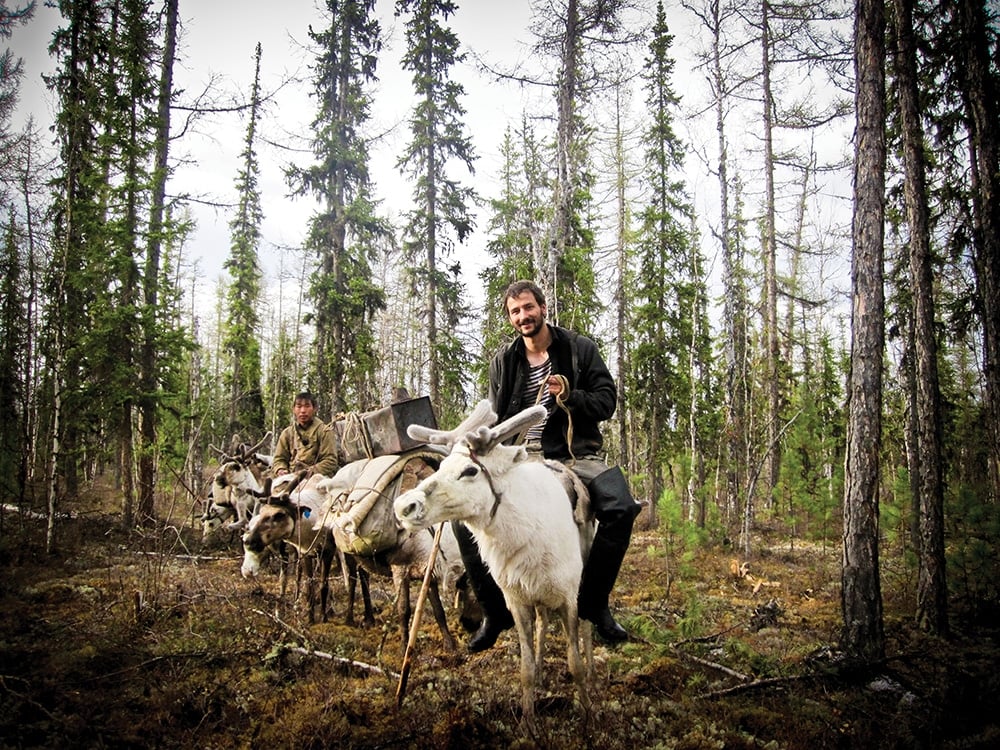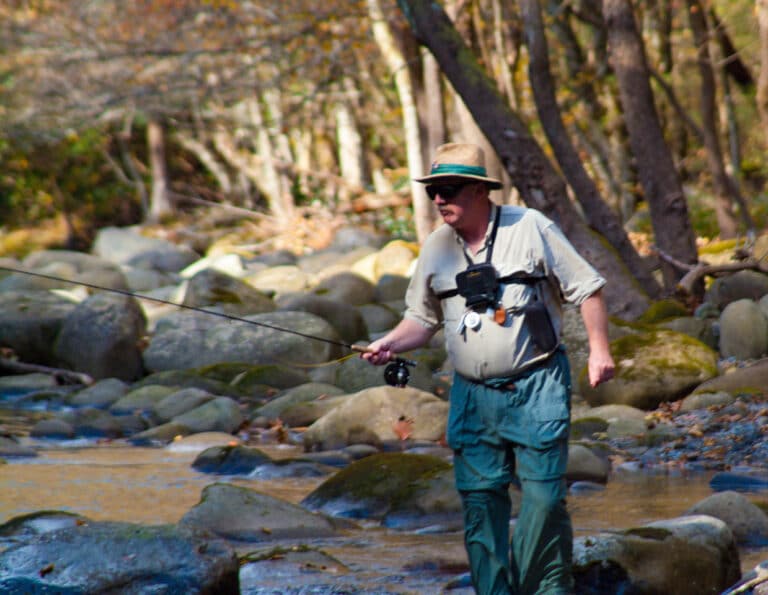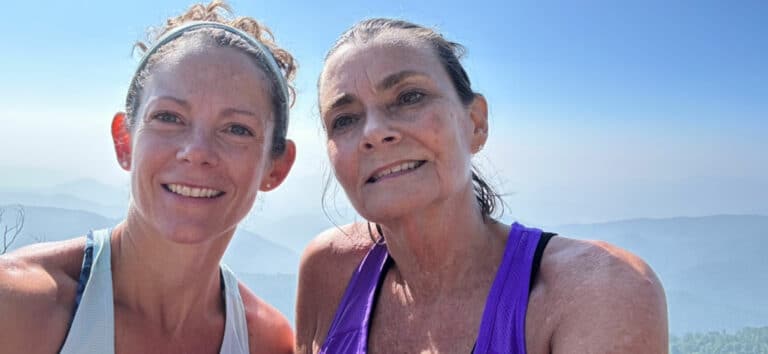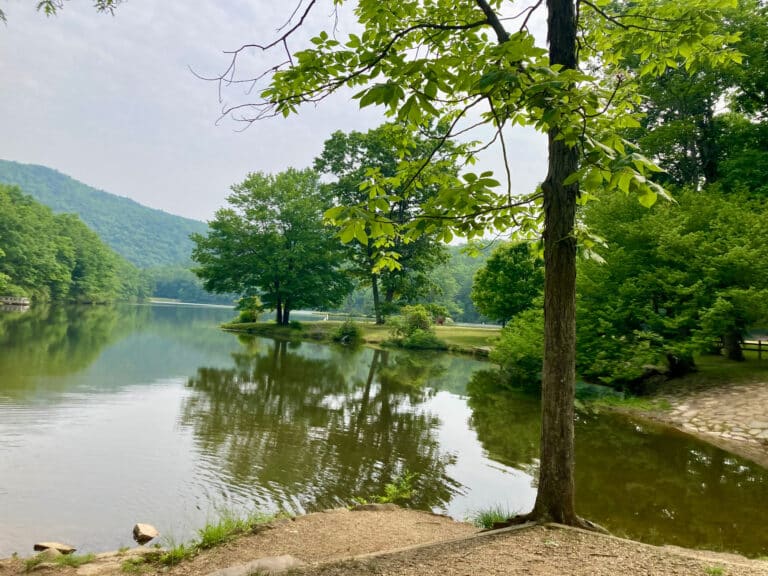Q&A with Jordan Jonas, Winner of the TV Series Alone
Jordan Jonas was left in the Arctic with only a few tools to survive the winter. How long did he last?
If you’re looking for a binge-worthy show set in the outdoors, Alone strips reality TV to its most primal: 10 people are dropped off in the wilderness with only a backpack and a camera—and an emergency satellite phone to call when they are ready to quit. Whoever survives the longest wins.
The competition always takes place in some of the wildest and coldest places on the planet—including Canada, Patagonia, and the Arctic. Not surprisingly, many of the competitors hail from northern climes. But one of its most recent winners was from Southern Appalachia.
Jordan Jonas of Lynchburg, Va., won season 6 of Alone—outlasting military survivalists, world-class hunters, and primitive skills professionals. Key to his success was shooting a 900-pound moose with a bow and arrow—the first person to ever take down a large animal on the show (Jonas later had to kill a wolverine with an axe when it raided his moose meat). Perhaps equally important, however, was Jonas’s sense of humor, enabling him to stay mentally upbeat for 77 days alone in the Arctic.
The 37-year-old has returned to Lynchburg, where he lives with his wife and two kids and leads primitive skills classes. BRO talked to Jonas after taking home the $500,000 prize.
BRO: Your experiences with the indigenous Evenki people—reindeer herders in Siberia—seemed really important in preparing you for your successes in the Arctic. How did you end up spending time with the Evenki and what did you learn from them?
JJ: I met up with the Evenki after traveling to Russia to help a missionary friend build an orphanage. The folks I lived with in Russia had been to prison with an Evenk and they became very close. Eventually they introduced me and from there a new path opened.
I learned a lot of practical survival skills from the Evenki. Of course they live in the forest every day, so they have separated the wheat from the chaff quite well as far as skills go.
How did you end up in Lynchburg, Va.?
After traveling around the country, I settled in Lynchburg due to some work opportunities and the inexpensive housing. We and our friends were able to afford a home without taking on heaps of debt, and many interesting folks were able to move to the area.
Southern Appalachia is a particularly good place to learn to hunt. The abundance of game and the need to control animal populations means that you can create opportunities much more often and thus learn much quicker. Out West, you may only get one shot a year at an animal with a bow. Here there are a lot more opportunities. Hopefully we can make it an even better place to learn by creating some interesting survival courses as we move forward.
Who did you think about most while you were out there?
First on the list is my beautiful wife, who more than anyone, took on the day-to-day grind of having her husband gone for an unknown amount of time while she dealt with two toddlers and the gauntlet of issues that arose in my absence. Trusting her strength allowed me to stay worry-free as long as necessary. My family, brothers, sister, mom, and many close friends and supportive community were there, too, so I knew I could focus on the task before me without anxiety.
Also constantly with me out there was the thought of my dad. Although he passed years ago, he showed me through example how to bear indescribable hardships with an air of joy and gratitude that is a lesson impossible to teach except through example. We all will face suffering on some level, but having been shown how to navigate that with steadfastness and a constantly developing character is invaluable.
How did you meet your wife? You give her immense credit in your success on Alone. How did you manage missing her and your family while in the Arctic? Did you try to block out too much thinking about them, or did you accept the circumstances and the long separation?
We met at a wedding in Toronto of all places. She had spent a couple years living in China, and I in Siberia, so we hit it off discussing that (and the Gulag Archipelago amongst other things).
I managed missing her by putting faith in the strength of our relationship. I knew we would be back together at some point and pick up right where we left off, so I didn’t have to spend extra energy wondering if our relationship would last the trial. Previously, I had spent several long stints in Russia away from her, so it helped put into perspective the time away, and it gave me the confidence that our relationship would remain healthy.
Can you tell us more about your family history and how that influenced your thoughts and feelings while in the Arctic?
Knowing my family history gave me the invaluable tools of being able to put my own trials into perspective, and also gave me a roadmap for going through them with a positive bend.
How can I complain about discomfort when my Assyrian grandmother watched six of her seven siblings die in a genocide in the desert? Or when my grandfather watched his village be burned to the ground with his father trapped inside? Could I freak out at some small misfortune when those two endured so much but were not defined by it, but instead developed into joyful, life-giving people? They remained focused upwards and proactively worked to make life better for their descendants. They gifted my dad and 10 other beloved aunts and uncles a life defined by love, hope, and faith—and by doing so granted me the same gift.
If they could endure what they did and come out loving, happy people, how could I not handle a tiny fraction of the stress they went through? I think having that perspective can help to give you gratitude and hope even in turbulent circumstances.
How has your life changed since winning Alone?
It’s allowed me to shift out of construction and into survival training and adventuring, a long-needed change of pace. Aside from that, things have remained pretty much the same—though I really should update my wife’s 2001 Ford Windstar.
What do you hope your kids and all your fans remember most about you?
Hopefully they can find some useful strategies from my experiences that they can reapply to whatever situations they are facing in their life and become more resilient people able to live life to the fullest. If I can be a part of making their lives a bit fuller, I would be happy.
Do you think primitive skills and indigenous cultures have a place in the modern world?
Definitely nowadays, when we are becoming more and more inundated with distractions and detached from our thoughts, having the ability to reconnect with nature and the natural rhythms of life is invaluable for mental well-being. It is a situation where we don’t even recognize what we have lost—things like community, the pace of life, self-reliance, and depth of thought. Primitive skills and indigenous cultures can really speak into that void.
Cover photo: Jordan Jonas now resides in Virginia and offers wilderness survival training courses. Photo courtesy of Rachel Jonas.








